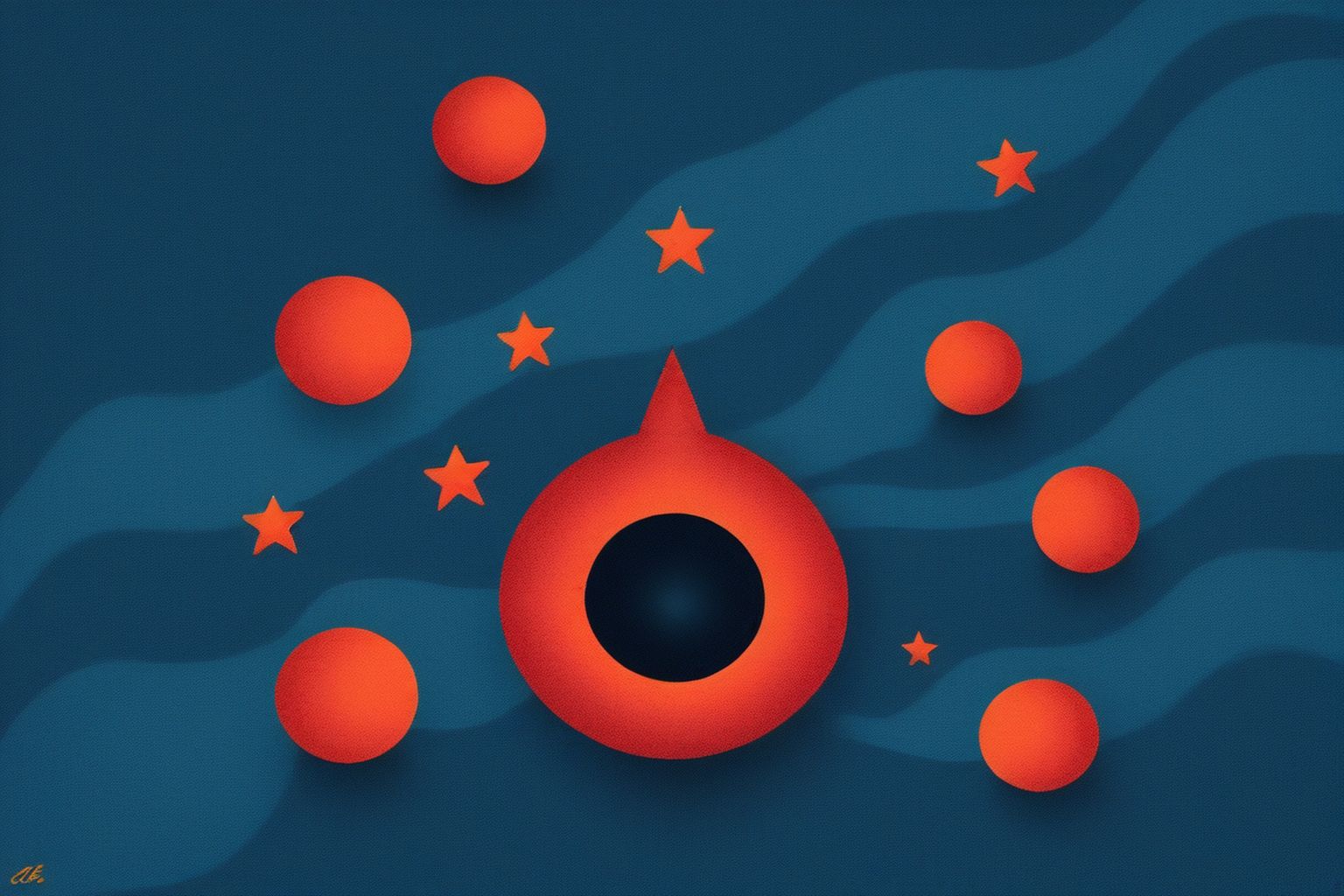Articles
Sep 10, 2024
The Browser Wars: Lessons for Modern B2B SaaS Companies
Explore the 90s Browser Wars and extract vital strategic lessons for today's B2B SaaS landscape.
August 9, 1995: Netscape's initial public offering set Wall Street ablaze. The company's stock, initially priced at $28 per share, soared to over $70 by day's end, valuing the fledgling browser company at nearly $2 billion. This seismic event marked the opening salvo of the Browser Wars, a tech battle that would reshape the internet landscape and offer invaluable lessons for today's B2B SaaS companies.
The Opening Salvo: David vs. Goliath
Netscape's IPO wasn't just a financial triumph; it was a declaration of intent. The company aimed to sell five million shares based on the strength of a single piece of software: Netscape Navigator. This browser, with its user-friendly interface, had quickly become the dominant choice for most people venturing onto the nascent World Wide Web.
But Netscape's success caught the attention of a sleeping giant: Microsoft. Already a tech behemoth due to its Windows operating system, Microsoft saw both the potential threat and opportunity that the internet represented. Their response was swift and strategic. Just 15 days after Netscape's IPO, Microsoft launched Internet Explorer 1.0, setting the stage for one of the most intense and consequential rivalries in tech history.
This revised version combines the key information from both sections without repetition, maintaining the narrative flow while tightening the content. It's a good reminder that we should always be on the lookout for such redundancies in our editing process.
The Battle Heats Up
The competition between Netscape and Microsoft intensified rapidly. Both companies pushed out new browser versions at a breakneck pace, sometimes releasing minor updates every month. This rapid development cycle led to a whirlwind of new features, but also to bugs and compatibility issues.
Netscape co-founder Marc Andreessen, riding high on the company's early success, boldly claimed that Netscape would reduce Windows to "a set of poorly debugged device drivers." This statement, while provocative, underestimated Microsoft's resolve and resources.
Microsoft's Strategic Advantage
Microsoft had a significant advantage: Windows. By bundling Internet Explorer with its ubiquitous operating system, Microsoft could ensure its browser was the default choice for millions of users worldwide.
This strategy was summed up by James Allchin, a senior vice president at Microsoft, who stated in a 1996 internal memo:
"We are going to cut off their air supply. Everything they're selling, we're going to give away for free."
The Turning Point
1998 marked a pivotal year in the Browser Wars. Microsoft had closed the gap, controlling nearly half of the browser market. In a strategic move that would prove decisive, Microsoft negotiated a deal with AOL, then a major internet service provider.
David Colburn, AOL's chief negotiator, later revealed the critical factor in their decision:
"The willingness of Microsoft to bundle... with the Windows operating system was a critically important competitive factor that was impossible for Netscape to match."
This deal effectively sealed Netscape's fate. By 1998, Microsoft had claimed 50% of the market. By 1999, that share had risen to almost 80%.
The Aftermath
The Browser Wars had far-reaching consequences. In 1998, the U.S. Department of Justice filed an antitrust lawsuit against Microsoft, alleging that the company had violated antitrust laws by bundling Internet Explorer with Windows.
While Microsoft ultimately avoided being broken up, the legal battle took its toll. Bill Gates, in his deposition, often came across as evasive and arrogant, damaging Microsoft's public image.
Netscape, meanwhile, was sold to AOL in 1998 for $4.2 billion. However, its legacy lived on through the Mozilla project, which eventually gave rise to Firefox.
Lessons for Modern B2B SaaS Companies
The Browser Wars offer several valuable lessons for today's B2B SaaS companies:
Innovation is crucial, but not sufficient: Netscape was initially more innovative, but innovation alone couldn't save them. As Steve Jobs once said, "Innovation distinguishes between a leader and a follower." However, innovation must be paired with solid business strategy and execution.
Distribution matters: Microsoft's ability to bundle Internet Explorer with Windows was a game-changer. For B2B SaaS companies, this underscores the importance of distribution channels and partnerships.
Pricing strategy is key: Netscape's initial model of charging for their browser proved unsustainable when faced with Microsoft's free offering. This mirrors challenges faced by many SaaS companies today when competing with freemium models.
Understand your competition: Netscape underestimated Microsoft's resolve and resources. Always respect your competitors and understand their capabilities.
Beware of platform dependence: Netscape's dependence on the Windows platform gave Microsoft a significant advantage. B2B SaaS companies should consider the risks of being too reliant on any single platform.
Legal and regulatory considerations are important: The antitrust case against Microsoft shows that dominant market positions can attract regulatory scrutiny. B2B SaaS companies should be mindful of compliance and potential antitrust issues as they grow.
Open source can be a powerful tool: Netscape's decision to open-source their browser code led to the creation of Mozilla and Firefox, ensuring their legacy lived on. Open source can be a valuable strategy for B2B SaaS companies in certain situations.
The Modern Browser Landscape

The browser market has evolved significantly since the 1990s. Google's Chrome, launched in 2008, now dominates the market. As of 2024, Chrome holds about 65.7% of the global browser market share, followed by Safari at 18%, Firefox at 3.1%, and Microsoft Edge at 4.98%.
This shift demonstrates that market dynamics can change rapidly in the tech world. Today's leaders must remain vigilant and continue to innovate to maintain their positions.
Conclusion
The Browser Wars of the 1990s were more than just a battle for market share; they were a defining moment in internet history that shaped the web as we know it today. For modern B2B SaaS companies, this historical conflict offers valuable lessons in strategy, innovation, and the importance of understanding market dynamics.
As Marc Andreessen reflected years later,
"In hindsight, Netscape itself didn't matter. The web browser didn't matter. What mattered was the Internet."
This insight reminds us to focus on the broader impact and value of our products, rather than getting caught up in feature-by-feature competition.
SaaS companies must innovate continuously, understand their market deeply, and be prepared to adapt their strategies quickly. The Browser Wars may be history, but the lessons they teach are as relevant as ever in our digital age.
Share post:


